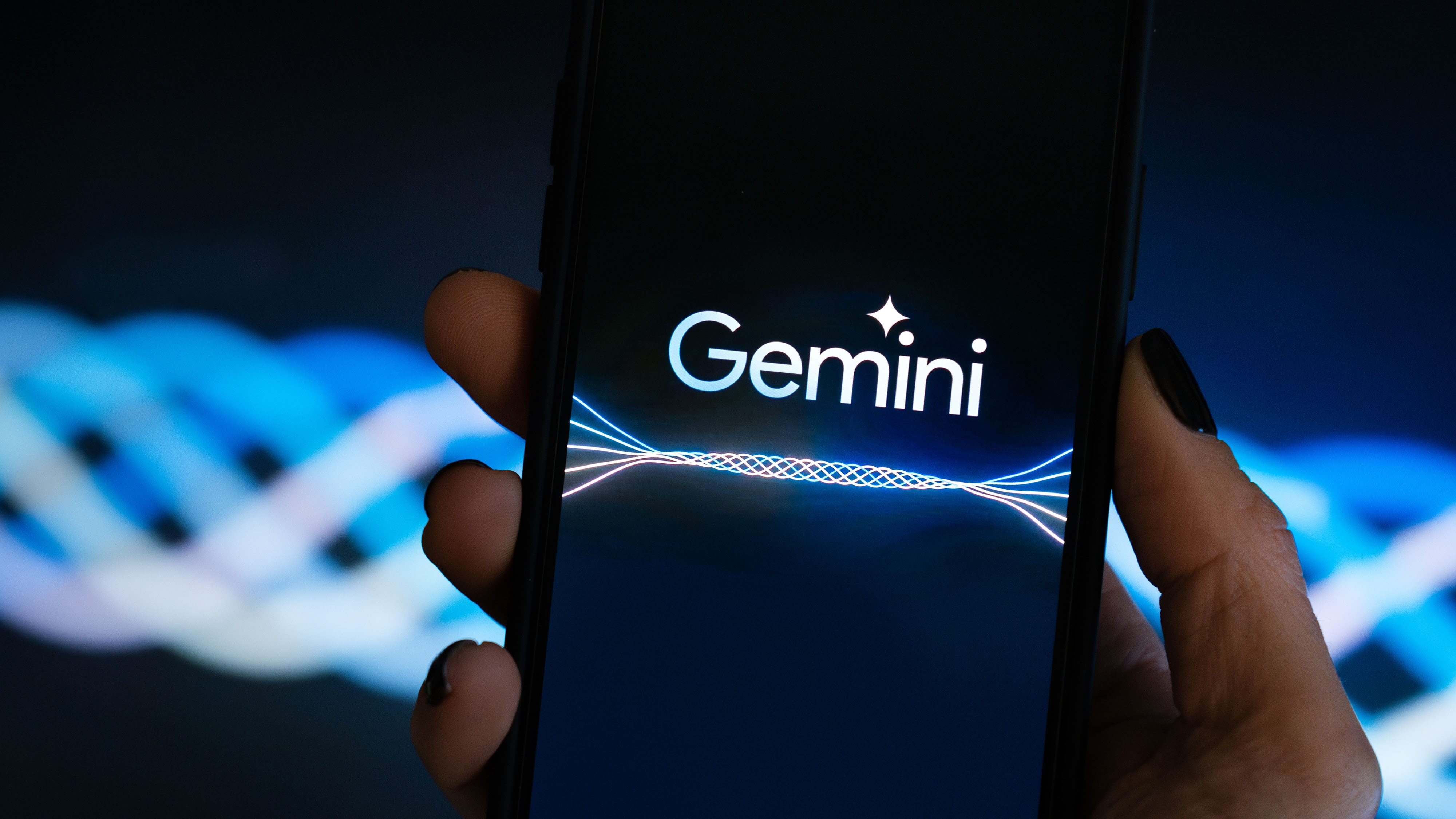Gemini's new Scheduled Actions feature puts catching up with ChatGPT on its dayplanner
Googe's AI assistant skips small talk to jump on pre-planned tasks

- Google Gemini’s app has a new Scheduled Actions feature to assign recurring tasks.
- Gemini will complete the tasks automatically at the chosen times, similar to ChatGPT's Tasks feature.
- The upgrade is only available to paying Gemini Pro, Ultra, and eligible Workspace users.
Google Gemini is getting a little more organized with a new feature for its mobile app called Scheduled Actions. As the name suggests, Scheduled Actions lets users assign recurring tasks to the chatbot that it will complete automatically without real-time supervision.
Google first showcased the feature at this year’s I/O, pitched as a way to give Gemini some initiative. The idea is for Gemini to become more proactive in helping users rather than needing people to ask questions or make requests first. Depending on the request, Gemini can regularly let you know about news updates, summaries of your latest emails, or just remind you to walk around a little bit at whatever times you choose. As long as you’re specific about the timing, Gemini will oblige and follow through with your requests.
You can just ask Gemini to perform a recurring task, basically just rephrasing a standard prompt. Ask Gemini for new book recommendations every Friday evening, and that's what you'll get each week. There’s a limit, though. You can only set up ten scheduled actions at once. Once scheduled, all of your upcoming tasks are viewable in the Scheduled Actions tab under settings. You can edit, pause, or cancel them from there.
Or at least you can if you pay. The feature is available on Gemini's paid plans, so you have to subscribe to AI Pro for $20 per month or AI Ultra at $250 per month. Some Google Workspace business and education plans will also have access. That means free-tier users won't be able to use Scheduled Actions right now, but there is a lot of precedent for these kinds of features trickling down to general release at a pretty fast pace. There's no official timeline for doing so right now, but if you already pay, maybe you can ask Gemini to let you know when it does.
Gemini schedules ChatGPT fight
Google has always portrayed Gemini's future as more than another chatbot, promising it would become an agent that anticipates and completes requests. Of course, it does seem to also be about matching ChatGPT and its own Tasks feature, but there are some ways Gemini stands out. ChatGPT Tasks leans heavily on working within ChatGPT and its related apps, but that's not nearly as universally used as the Google ecosystem. Gemini and its Scheduled Tasks build on integrations with Gmail, Google Calendar, Google Docs, and everywhere else that a lot of people have already set up a digital home.
The broader significance of both ChatGPT and Gemini pursuing this kind of feature is the shift to proactive AI. That your AI might start helping you before you know you need help is something the companies behind AI models are very enamored with, even if it's not the dream of everyone to have an AI system so intimately acquainted with their lives. If you're worried about privacy, giving an AI the keys to your inbox and calendar and telling it to get creative is not the sales pitch Google might believe.
Still, reliable, predictable task completion without constant oversight is appealing. That said, scheduled actions are only as good as the infrastructure behind them. If Google servers glitch, a missed prompt is possible and may be catastrophic if you've given it important duties. At I/O, Google showed off an upcoming “Agent Mode” designed to handle multi-step tasks like booking travel or coordinating apartment tours. Scheduled Actions sets the foundation for that plan, but Google should make sure there are no cracks in that foundation.
Sign up for breaking news, reviews, opinion, top tech deals, and more.
You might also like

Eric Hal Schwartz is a freelance writer for TechRadar with more than 15 years of experience covering the intersection of the world and technology. For the last five years, he served as head writer for Voicebot.ai and was on the leading edge of reporting on generative AI and large language models. He's since become an expert on the products of generative AI models, such as OpenAI’s ChatGPT, Anthropic’s Claude, Google Gemini, and every other synthetic media tool. His experience runs the gamut of media, including print, digital, broadcast, and live events. Now, he's continuing to tell the stories people want and need to hear about the rapidly evolving AI space and its impact on their lives. Eric is based in New York City.
You must confirm your public display name before commenting
Please logout and then login again, you will then be prompted to enter your display name.